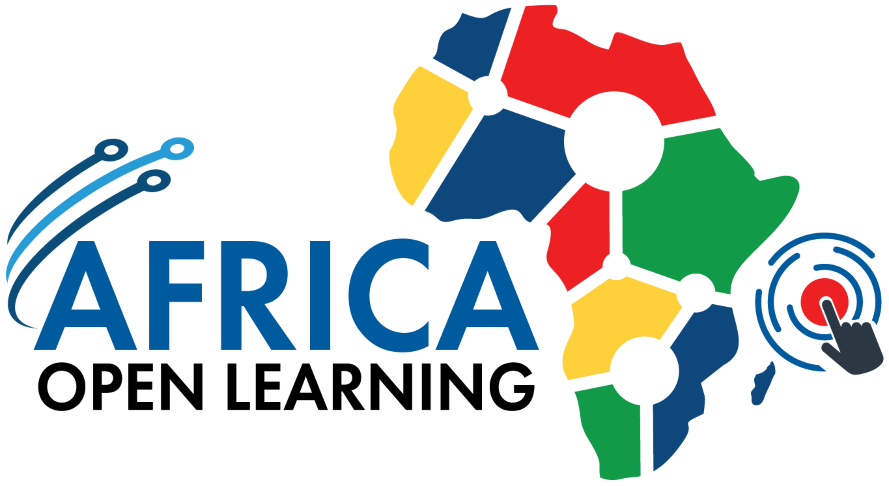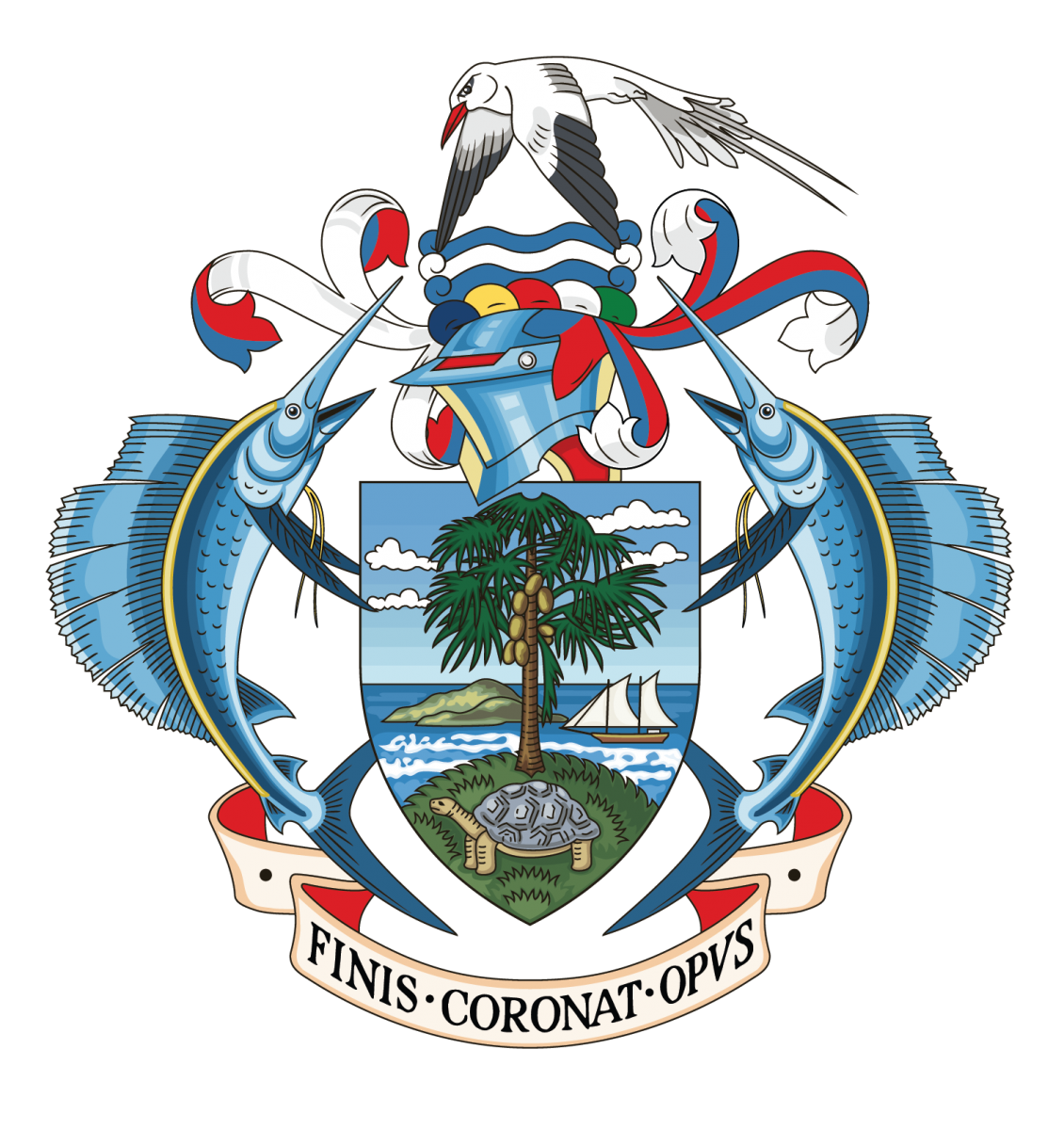Flexible Learning That Enhances Your Potential
Micro-credential certification in Methods of Teaching Reading (BEd)
The course covers definitions of the reading process, and reading theories and models. It also exposes the sub-skills of reading and reading strategies employed by learners in the process. It examines the relation between the reading process, literacy and practice. In particular, it examines the methods of teaching reading in the ESL classroom. Students are expected to be able to incorporate knowledge gained into the teaching of reading in the ESL classroom through macro and micro teaching practice.
 This programme is designed, delivered, assessed and awarded by SEGi University through the Africa Open Learning Platform.
This programme is designed, delivered, assessed and awarded by SEGi University through the Africa Open Learning Platform.
- Introduction
- Key Issues in the Teaching of Reading
- Approaches, Strategies and Methods for Teaching Reading
- Selecting, Adapting and Designing Materials for Teaching Reading
- Reading Assessment
- Lesson Planning
Project and Presentation - 30%
Assignment and Micro-Teaching - 30%
Report - 40%
- Bachelor of Education (Honours)
- Master of Education by Research
- Master of Education by Coursework
School leavers who want to get a head start before joining an academic programme or a working adults who want to upskill or learn a specific skill; work with rapidly changing technology; and/or acquire specialised skills sought after by employers.

